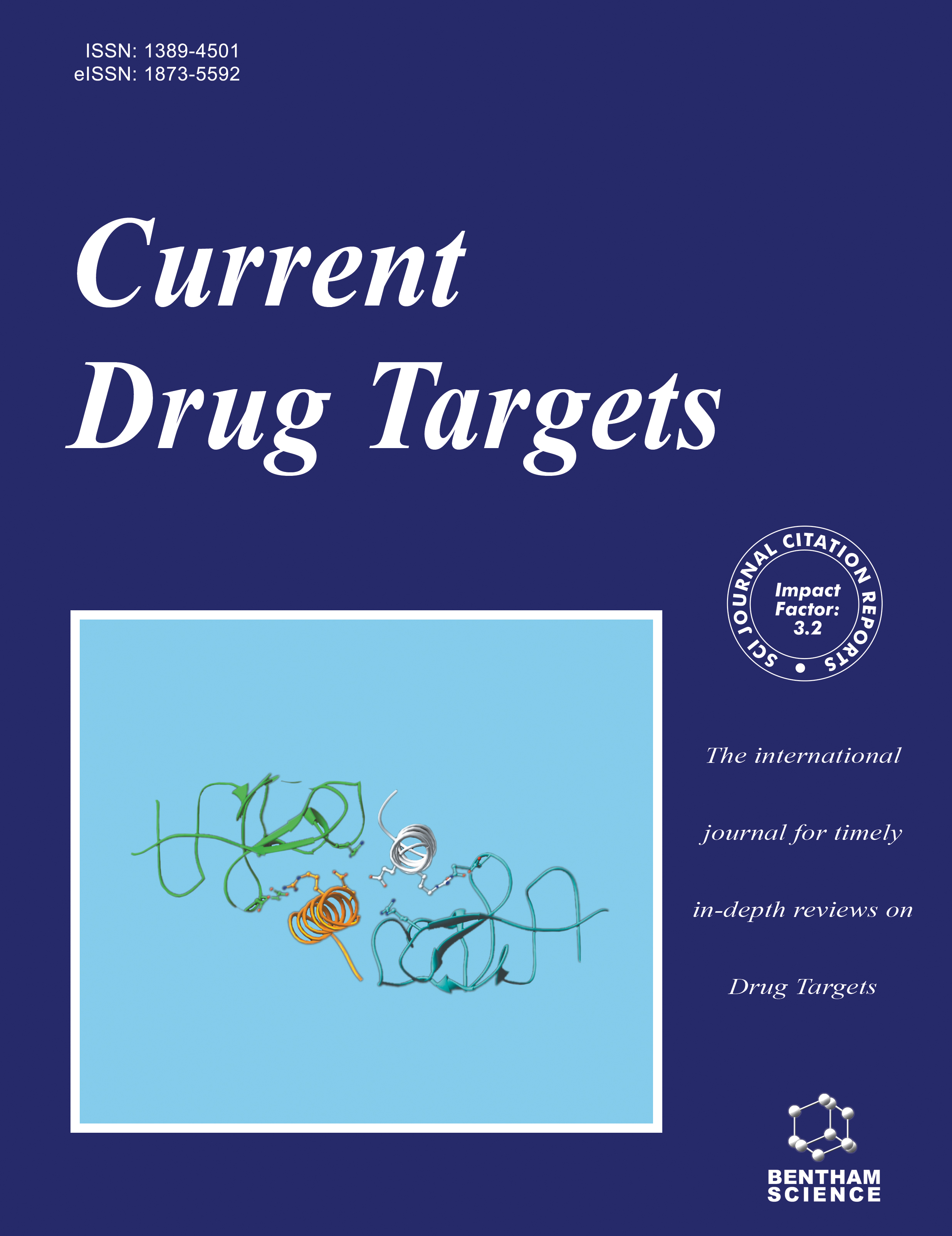-
s Therapeutic Targeting of Cancers with Loss of PTEN Function
- Source: Current Drug Targets, Volume 15, Issue 1, Jan 2014, p. 65 - 79
-
- 01 Jan 2014
Abstract
Phosphatase and tensin homologue deleted on chromosome 10 (PTEN) is one of the most frequently disrupted tumor suppressors in cancer. The lipid phosphatase activity of PTEN antagonizes the phosphatidylinositol 3-kinase (PI3K)/AKT/mTOR pathway to repress tumor cell growth and survival. In the nucleus, PTEN promotes chromosome stability and DNA repair. Consequently, loss of PTEN function increases genomic instability. PTEN deficiency is caused by inherited germline mutations, somatic mutations, epigenetic and transcriptional silencing, post-translational modifications, and protein-protein interactions. Given the high frequency of PTEN deficiency across cancer subtypes, therapeutic approaches that exploit PTEN loss-of-function could provide effective treatment strategies. Herein, we discuss therapeutic strategies aimed at cancers with loss of PTEN function, and the challenges involved in treating patients afflicted with such cancers. We review preclinical and clinical findings, and highlight novel strategies under development to target PTENdeficient cancers.


